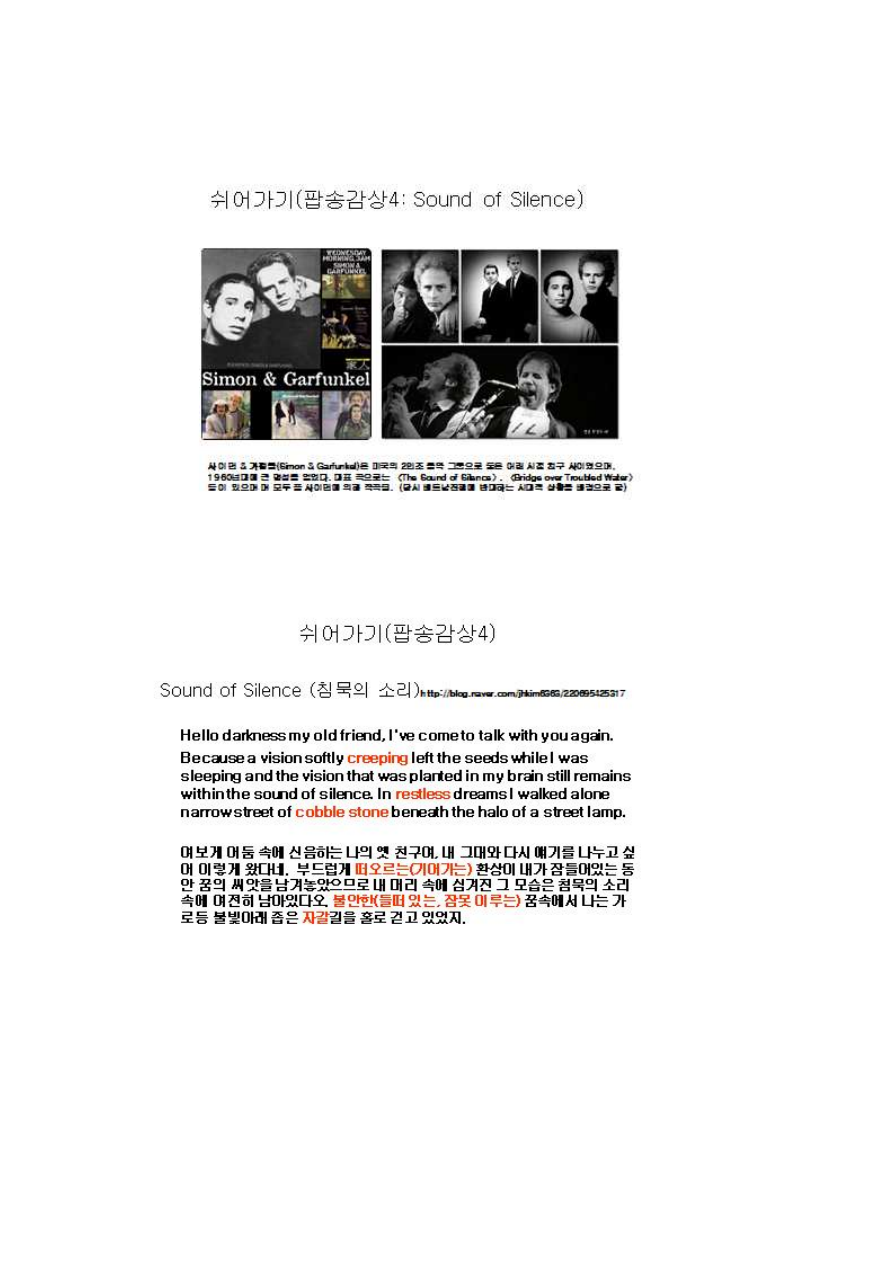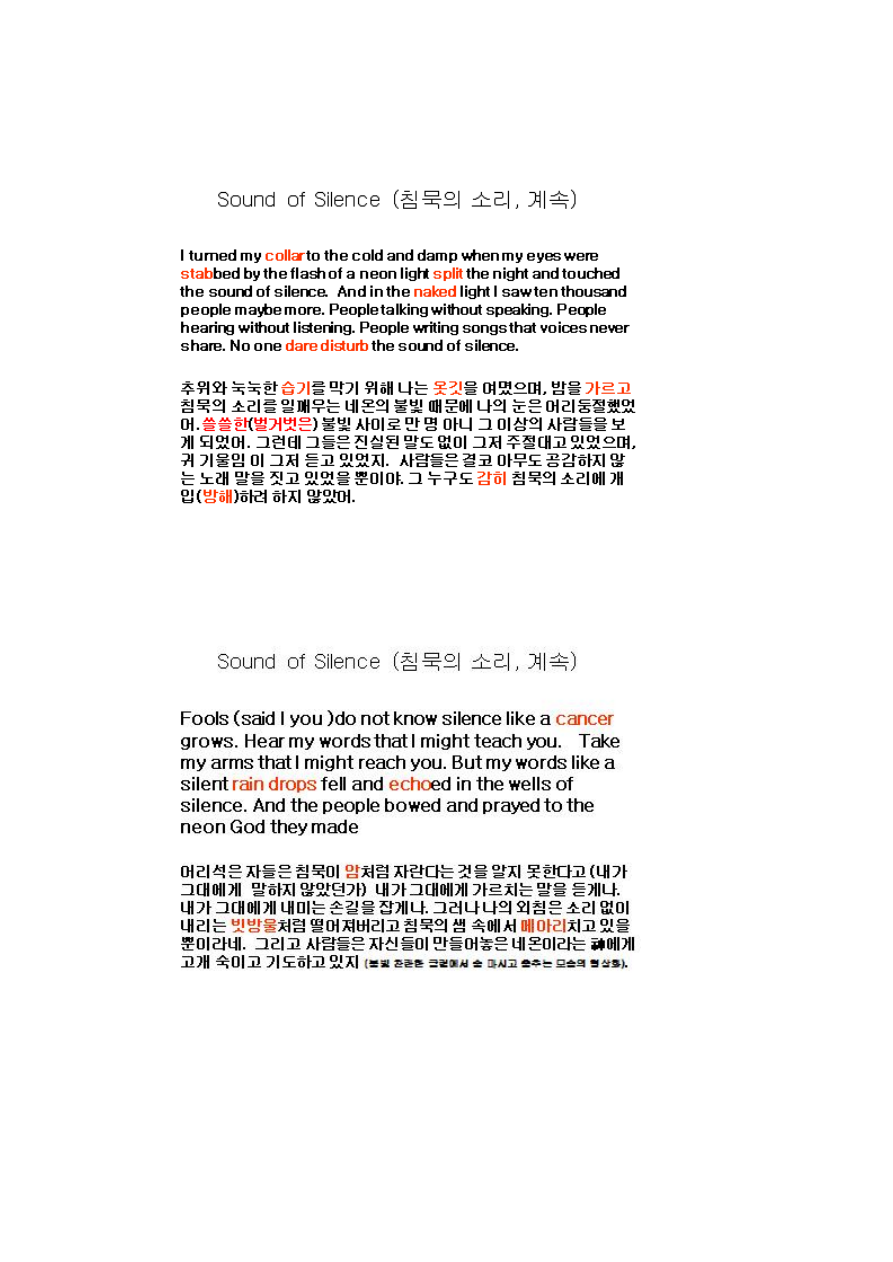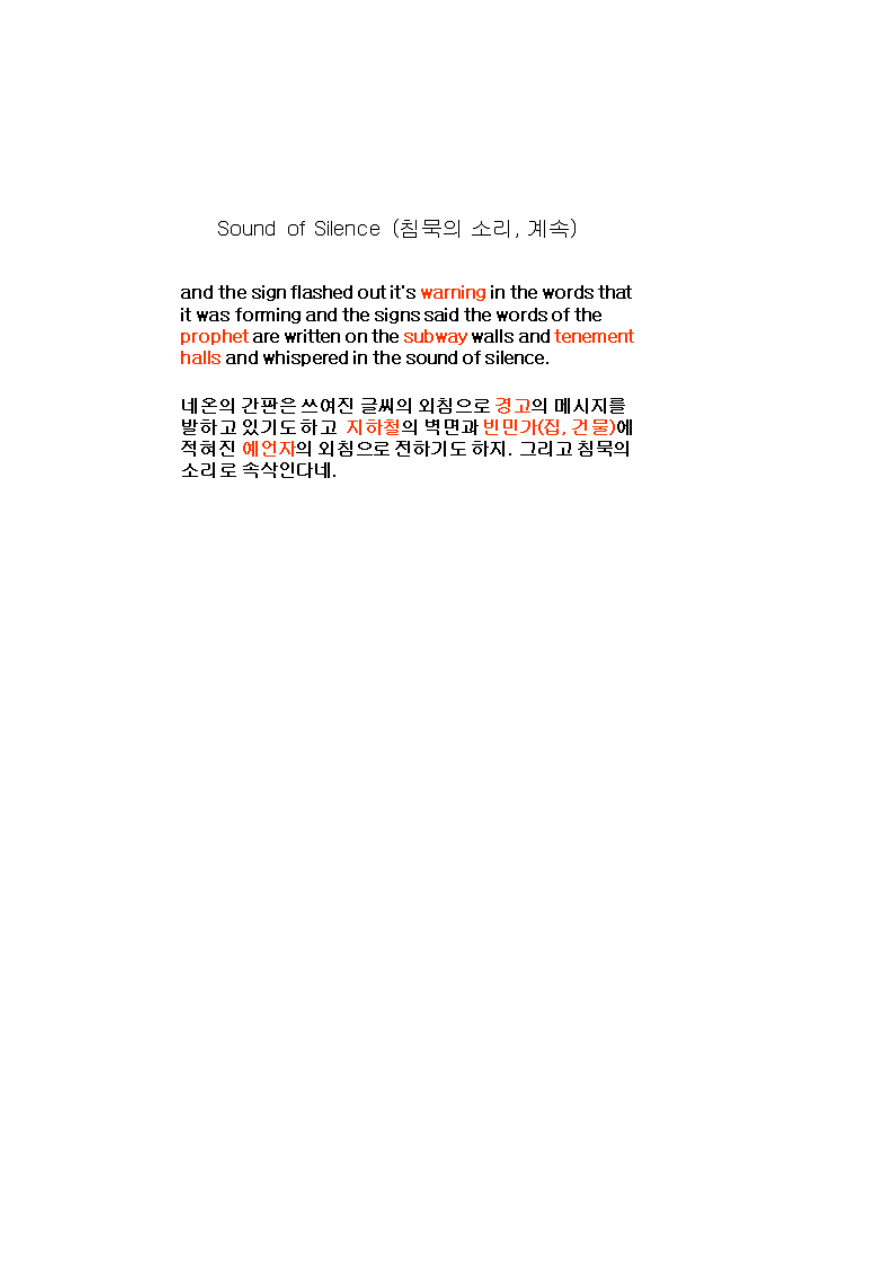
- 1 -
A Free and Responsible Press
The principal aim of this section of our report is not to recommend
more governmental action but to clarify the role of government in
relation to mass communication.
1. We recommend that the constitutional guarantees of the freedom
of the press be recognized as including the radio and motion
pictures.
In view of the approaching advent of the broadcast facsimile
newspaper
and
the
development
of
the
newsreel
and
the
documentary film, constitutional safeguards for the radio and the
motion picture are needed more than ever. We believe that such
regulation of these media as is desirable can and should be
conducted within the limitations which the federal and state
constitutions now place upon the regulation of newspapers and
books.
In the case of motion pictures this recommendation would not
abolish state boards of review; it would require them to operate
within the First Amendment as interpreted by the Supreme Court.
In the case of radio this recommendation would give constitutional
support to the prohibition against censorship in the Communications
Act. It would not prevent the Federal Communications Commission
from denying a license on the ground that the applicant was
unprepared to serve the public interest, convenience, and necessity.
Nor would it prevent the Commission from considering, in
connection with an application for renewal, whether the applicant
had kept the promises he made when the license was granted and
had actually served the public interest, convenience, and necessity.
This recommendation is intended to strengthen the prohibition

- 2 -
against censorship, not to guarantee licensees a perpetual franchise
regardless of their performance. The air belongs to the public, not
to the radio industry.
2. We recommend that government facilitate new ventures in the
communications industry, that it foster the introduction of new
techniques, that it maintain competition among large units through
the antitrust laws, but that those laws be sparingly used to break up
such units, and that, where concentration is necessary in
communications, the government endeavor to see to it that the
public gets the benefit of such concentration.
We accept the fact that some concentration must exist in the
communications industry if the country is to have the service it
needs. People need variety and diversity in mass communication;
they must also have service, a quantity and quality of information
and discussion which can often be supplied only by large units.
3. As an alternative to the present remedy for libel, we recommend
legislation by which the inquired party might obtain a retraction or a
restatement of the facts by the offender or an opportunity to reply.
4. We recommend the repeal of legislation prohibiting expressions in
favor of revolutionary changes in our institutions where there is no
clear and present danger that violence will result from the
expressions.
5. We recommend that the government, through the media of mass
communication, inform the public of the facts with respect to its
policies and of the purposes underlying those policies and that, to
the extent that private agencies of mass communication are unable
or unwilling to supply such media to the government, the
government itself may employ media of its own.

- 3 -
What can be done by the Press
The recommendations we have made for action by government,
though they are minimal, could be reduced still further in the
domestic field, at least, by the action of the press itself. Existing
units of the press could abstain from attempts to monopolize
distribution outlets.
1. We recommend that the agencies of mass communication accept
the
responsibilities
of
common
carriers
of
information
and
discussion.
2. We recommend that the agencies of mass communication assume
the responsibility of financing new, experimental activities in their
fields.
3. We recommend that the members of the press engage in vigorous
mutual criticism.
4. We recommend that the press use every means that can be
devised to increase the competence, independence, and effectiveness
of its staff.
5. We recommend that the radio industry take control of its
programs and that it treat advertising as it is treated by the best
newspapers
Radio cannot become a responsible agency of communication as long
as its programming is controlled by the advertisers. No newspaper
would call itself respectable if its editorial columns were dominated
by its advertisers and if it published advertising, information, and
discussion so mixed together that the reader could no tell them
apart.

- 4 -

- 5 -

- 6 -